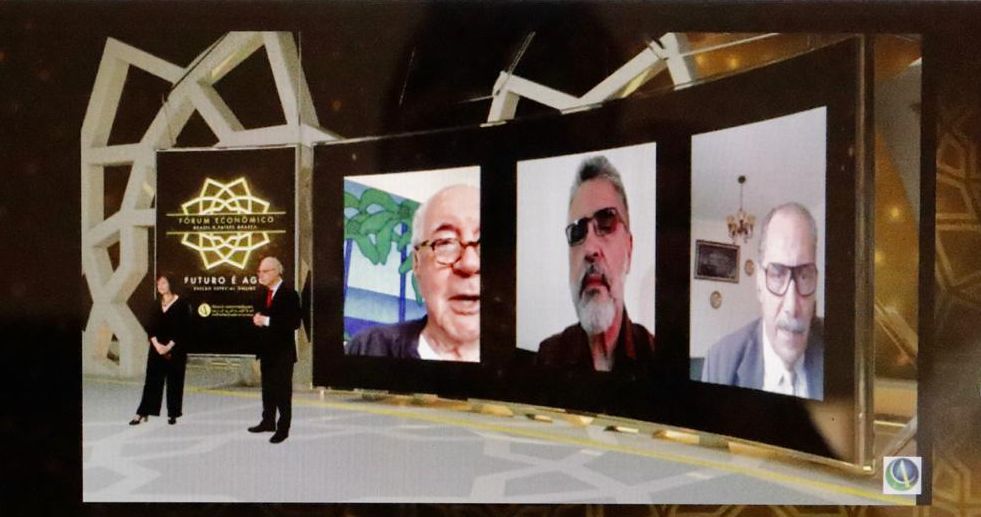São Paulo – The Arab Brazilian Chamber of Commerce (ABCC) announced this Thursday (22) that it will create the Arab House, an initially virtual space devoted to Arab culture and immigration. The project will eventually have brick-and-mortar facilities, ABCC president Rubens Hannun and cultural director Silvia Antibas said.
The project was brought to light during the Economic Forum Brazil & Arab Countries. Hannun said this is the fulfilment of a dream. “The Arab House is a dream we are bringing to fruition,” Antibas agreed. “It will represent the home, the way of life of people in the 22 Arab countries,” she said, while pointing out that each of those countries is unique in their lifestyles and approaches to art.
The Arab House will be a space for dancing, comics, games, cuisine, calligraphy, the Arabic language, courses and art showings. It will also feature discussions regarding the lives of Arab immigrants and descendants in Brazil.
The digital version of the Arab House was announced alongside project partners Roberto Duailibi, an advertising professional; Roberto Khatlab, the director of the Latin American Studies and Cultures Center (LASCC) of the Holy Spirit University of Kaslik (USEK); and Mohamed Habib, the president of the Institute of Arab Culture (ICArabe). “We are planting a seed which I’m sure will soon grow into a garden, a cultural garden,” Habib said, stressing that the ABCC has transcended the realm of economic work into other dimensions.
USEK is partners with the ABCC for a digitization project on the memory of Arab immigration to Brazil. This project will also be featured within the Arab House portal. Khatlab discussed the initiative during the Forum. Duailibi is working on a library on Syrian-Lebanese immigration, and a digital version is already available. He said he felt he had a mission of dispelling Arab-related stereotypes in Brazil.
Pictured at the top of this article are Antibas and Hannun. Onscreen are Duailibi (L), Khatlab (C) and Habib (R).
Check out the full coverage on ANBA.
Translated by Gabriel Pomerancblum




